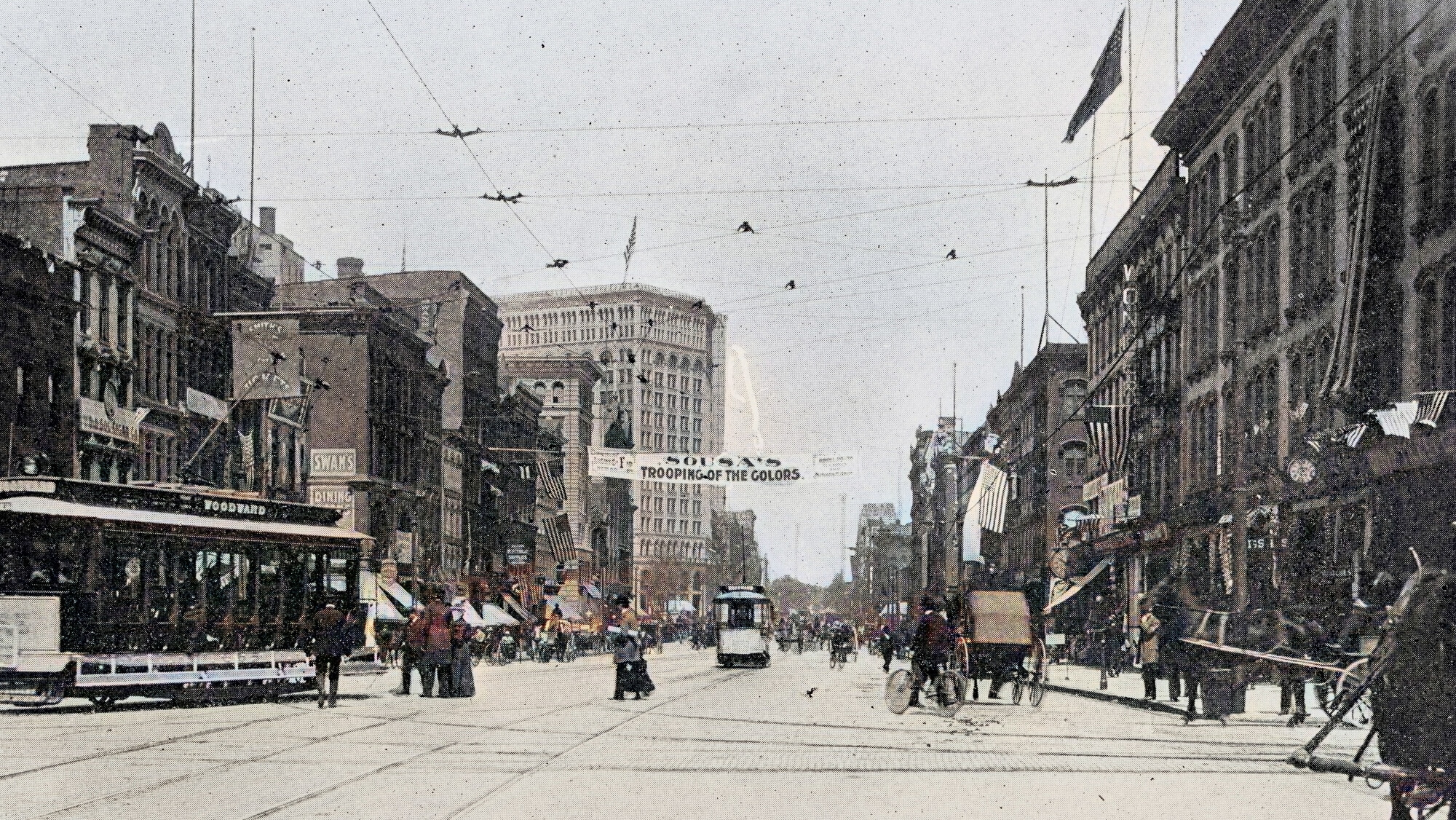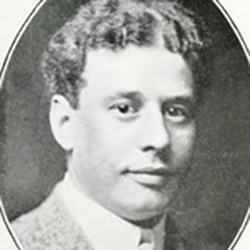Our Legacy
 We have a long and successful history of developing new capabilities and deepening our expertise for our clients' benefit. We strive to be on the cutting edge of technology, manufacturing, e-commerce, biotechnology, intellectual property, and cross-border operations and transactions. The firm represents a number of American, European and Asian manufacturers and suppliers. Butzel Long's tradition as counsel to cutting edge developments in the automotive industry continues with its representation of Covisint, planned as the world's premier e-commerce trade exchange.
We have a long and successful history of developing new capabilities and deepening our expertise for our clients' benefit. We strive to be on the cutting edge of technology, manufacturing, e-commerce, biotechnology, intellectual property, and cross-border operations and transactions. The firm represents a number of American, European and Asian manufacturers and suppliers. Butzel Long's tradition as counsel to cutting edge developments in the automotive industry continues with its representation of Covisint, planned as the world's premier e-commerce trade exchange.
Butzel Long traces its roots to 1854 when Detroit’s economy was based on the Great Lakes shipping trade. Admiralty law was the specialty of founding senior partner William Austin Moore. He was called to Buffalo, Cleveland, Milwaukee and Chicago to handle some of the most important cases of his time.
Moore played a prominent role in politics and served as president of the Detroit Board of Education. His political activism attracted Don M. Dickinson to the firm in 1867. Dickinson developed a national reputation as a lawyer and gained prominence in national politics as an adviser to Grover Cleveland. He managed Cleveland’s successful campaign for president in 1884 and went on to serve as postmaster general. Another member of the firm, Henry Thurber, served as Cleveland’s personal secretary at the start of his second term as president in 1893.
The firm’s political leanings attracted another top lawyer and Democratic activist, Elliot G. Stevenson, in 1887. He served as chairman of the Democratic State Central Committee in the 1890s. He represented all five Detroit newspapers in libel matters and established a national reputation as a libel lawyer. The Chicago Tribune called on him when Henry Ford filed his famous libel suit in 1918. Ford won the suit, but Stevenson won the day when the jury awarded damages of just six cents.
Stevenson tangled with Ford again when he represented brothers John and Horace Dodge in their successful suit over withheld dividends. The Dodge brothers went on to create their own automotive empire, while Ford took his company private in order to prevent further meddling in his affairs.
In 1910, Will Durant turned to Stevenson to untangle the legal complexities involved in consolidating many companies into what became General Motors. The law firm provided a sound legal, financial and corporate platform for the newly recast venture.
 The law firm is named for Leo Butzel, who joined in 1896, and Thomas Long, who joined in 1909. Long worked on the General Motors restructuring and in 1920 tried the only matter of litigation that arose out of the entire reorganization. Butzel’s list of clients included Durant, the Dodge Brothers, Chrysler, Ford, Kelsey and the Fishers in the auto industry, and the Scripps and the Booths in the publishing field. The firm also represented several prominent financial institutions, railroads, and other significant businesses during the height of Detroit’s industrial growth.
The law firm is named for Leo Butzel, who joined in 1896, and Thomas Long, who joined in 1909. Long worked on the General Motors restructuring and in 1920 tried the only matter of litigation that arose out of the entire reorganization. Butzel’s list of clients included Durant, the Dodge Brothers, Chrysler, Ford, Kelsey and the Fishers in the auto industry, and the Scripps and the Booths in the publishing field. The firm also represented several prominent financial institutions, railroads, and other significant businesses during the height of Detroit’s industrial growth.
Another prominent Democrat joined the firm in the 1920s. Frank Eaman served as chairman of the state Democratic Central Committee and held several high-profile public posts, including Detroit civil service commissioner and state prison commissioner. When he served as Detroit’s police commissioner, Eaman fired the superintendent and abolished the jobs of 10 other ranking officers in an attempt to eliminate corruption in the department. He was one of the founders of the Legal Aid Society in Detroit.
Butzel Long now takes a more neutral stance on party politics, working with both Republican and Democratic officials on behalf of clients. Community involvement, economic development, and pro bono work are important priorities for many firm members.
The firm has maintained its close ties to the automotive industry and represents a number of American, European and Asian manufacturers and suppliers. Butzel Long’s tradition as counsel to cutting edge developments in the automotive industry continues with its representation of Covisint, planned as the world’s premier e-commerce trade exchange.
Butzel Long attorneys have been involved in major transactions in other industries. The firm helped create the Michigan Bell Telephone Company (now part of Ameritech), and a senior partner went on to become President of the Burrough’s Corporation (now part of Unisys). The firm served as counsel for the acquisition of the Jos. Schlitz Brewing Company by the Stroh Brewing Company in 1982, and later the Heileman Brewing Company.
Butzel Long continues to provide legal counsel to newspapers and other media concerns. The Joint Operating Agreement (JOA) between The Detroit News and the Detroit Free Press was worked out with the help of Butzel Long attorneys. The firm represented Reader’s Digest and members of the “60 Minutes” team in landmark libel and invasion of privacy suits. The firm’s media attorneys also continue to play a leading role in cutting edge issues involving the internet, privacy, and other related issues.
 Representing clients with global interests has led to a long tradition of expertise in international law. From its origins in the mid-1800’s representing international shipping concerns, the firm provided legal counsel in some of the country’s most important international trade disputes at the turn of the 20th century. In the early part of the last century, a Butzel Long attorney served as U.S. Ambassador to Japan. In 1991, to assist clients with business and legal concerns throughout the world, Butzel Long was a founding member of Lex Mundi, one of the first and largest associations of independent law firms from around the world.
Representing clients with global interests has led to a long tradition of expertise in international law. From its origins in the mid-1800’s representing international shipping concerns, the firm provided legal counsel in some of the country’s most important international trade disputes at the turn of the 20th century. In the early part of the last century, a Butzel Long attorney served as U.S. Ambassador to Japan. In 1991, to assist clients with business and legal concerns throughout the world, Butzel Long was a founding member of Lex Mundi, one of the first and largest associations of independent law firms from around the world.










